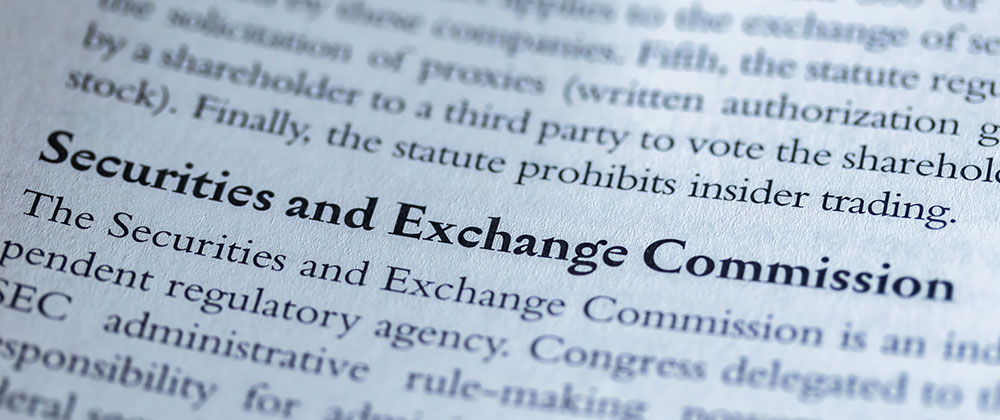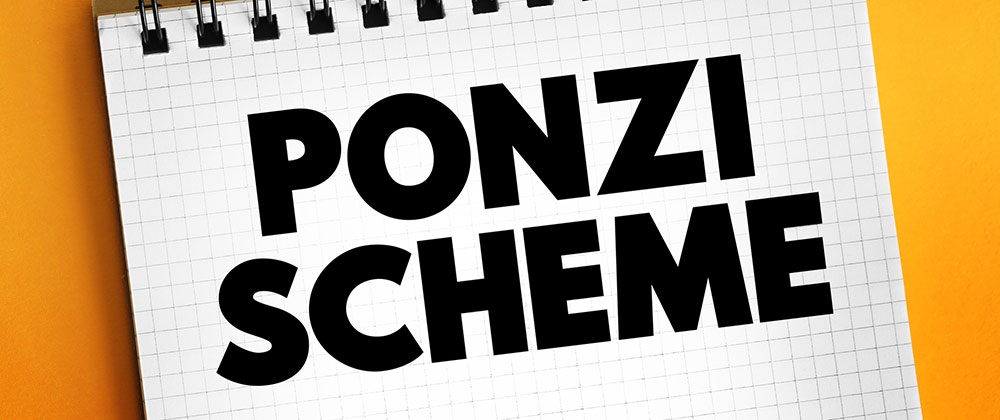In early February 2024, the United States Securities and Exchange Commission successfully obtained final court judgments as to John Feloni and Stock Squirrel, Inc., the company he controlled. The final judgments obtained by the SEC compel the payment of more than $2 million in disgorgement of illicit profits, interest as well as civil monetary penalties.
In its enforcement action, the SEC alleged that Feloni and Stock Squirrel violated the federal securities laws. Specifically, the SEC contended that from as early as 2019 through April 2023, Feloni and Stock Squirrel induced around 180 retail investors into investing approximately $2.5 million by representing that they would utilize investor capital to run Stock Squirrel’s business, in particular by building out a smartphone application that would provide financial services targeting the younger generation. However, according to the SEC’s court documents, Feloni misused about $1.6 million of investor monies (approximately a third of the total amount raised) for his own personal benefit and made Ponzi-like payments to earlier investors.
With neither admitting nor denying the SEC’s allegations, Feloni and Stock Squirrel agreed to final judgments that permanently enjoined them from violating Sections 5(a), 5(c), and 17(a) of the Securities Act of 1933, and Section 10(b) of the Securities Exchange Act of 1934 and Rule 10b-5 thereunder, and ordered payment of $1.7 million in disgorgement on a joint-and-several basis, and prejudgment interest on that disgorgement sum of $158,839.51.
Feloni also agreed to a final judgment that: (1) imposed upon him a $223,229 civil penalty, (2) prohibited him from acting serving as an officer or director of a public company; (3) institued a penny stock bar against him; and (4) enjoined him from, essentially, participating in the future offer and sale of securities, with the carve-out that he can still purchase or sell securities for his own personal account.
This last prohibition (4), above, is called a conduct-based injunction and effectively prohibits future, perfectly legal conduct. This is wholly unlike the typical “obey the law” injunction that prohibits future, illegal conduct. While the SEC is increasingly asking for these conduct-based injunctions in settlements, which can be quite draconian, their legality, in my view, is somewhat suspect. I expect more push back from the SEC defense bar on these conduct-based injunctions in the near future and, inevitably, litigation testing their legal limits.
Have You Been Charged With Violating Federal Securities Laws?
David Chase, Esq. is a SEC defense attorney and is principal of the Law Firm of David R. Chase, a SEC defense law firm. David is a former SEC enforcement attorney and now represents those who have received a SEC Subpoena and/or who are under SEC investigation around the country, including Denver, Los Angeles, Salt Lake City, Chicago, Phoenix, Miami, Fort Lauderdale, Washington, DC, New York City, Philadelphia and Boston. You may contact David toll-free at: 800-760-0912 for a confidential consultation, or e-mail at: david@davidchaselaw.com, and you can visit the Firm’s website for more information and content at: www.securitiesfrauddefense.com.




